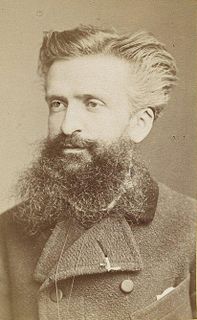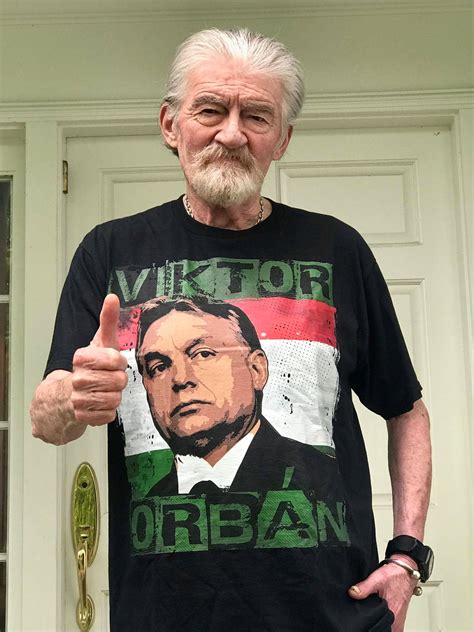A Quote by Leonardo DiCaprio
I remember when I first started having these interpretations of these images, these clichés of what movie stars are and this and that, and they're egomaniacal pricks and tyrants, but in general, for the most part, they're nice people to tell you the truth.
Related Quotes
You can tell the truth, but sometimes you can't always be in your face with it. I found a way to tell the truth and put it in a nice, neat package for people to receive it. A lot of times, you have to put it in a nice, neat box with a bow tie, and when they open it, it's the truth. I think people respect that.
You do remember things that people say in movies. You remember particular lines and things that are funny. But, you also remember really strong images. Images have a way of bypassing your brain and hitting you emotionally. There are so many things from movies that are remembered, that are just looks on people's faces or incredible vistas or beautiful pictures. That is a very important part of cinema.
A crowd thinks in images, and the image itself calls up a series of other images, having no logical connection with the first...A crowd scarcely distinguishes between the subjective and the objective. It accepts as real the images invoked in its mind, though they most often have only a very distant relation with the observed facts....Crowds being only capable of thinking in images are only to be impressed by images.
Beware of clichés. Not just the clichés that Martin Amis is at war with. There are clichés of response as well as expression. There are clichés of observation and of thought - even of conception. Many novels, even quite a few adequately written ones, are clichés of form which conform to clichés of expectation.
People will get tired of overly retouched images soon and they'll want something different. If people have too much reality, they want fantasy. What matters most is what the image communicates. I remember the first roll of film I shot at high school, the contact sheet went from these really worthy images of cracks in the wall and ended up with all of my dancer friends naked in Renaissance poses.
Because everybody lies. It's part of living in society. Don't get me wrong-I think it's necessary. The last thing anyone wants is to live in a society where total honesty prevails. Can you imagine the conversations? You're short and fat, one person might say, and the other might answer, I know. But you smell bad. It just wouldn't work. So people lie by omission all the time. People will tell you most of the story...and I've learned that the part they neglect to tell you is often the most important part. People hide the truth because they're afraid." -Jo
I have a hard time with historians because they idolize the truth. The truth is not uplifting; it destroys. I could tell most of the secretaries in the church office building that they are ugly and fat. That would be the truth, but it would hurt and destroy them. Historians should tell only that part of the truth that is inspiring and uplifting.


































